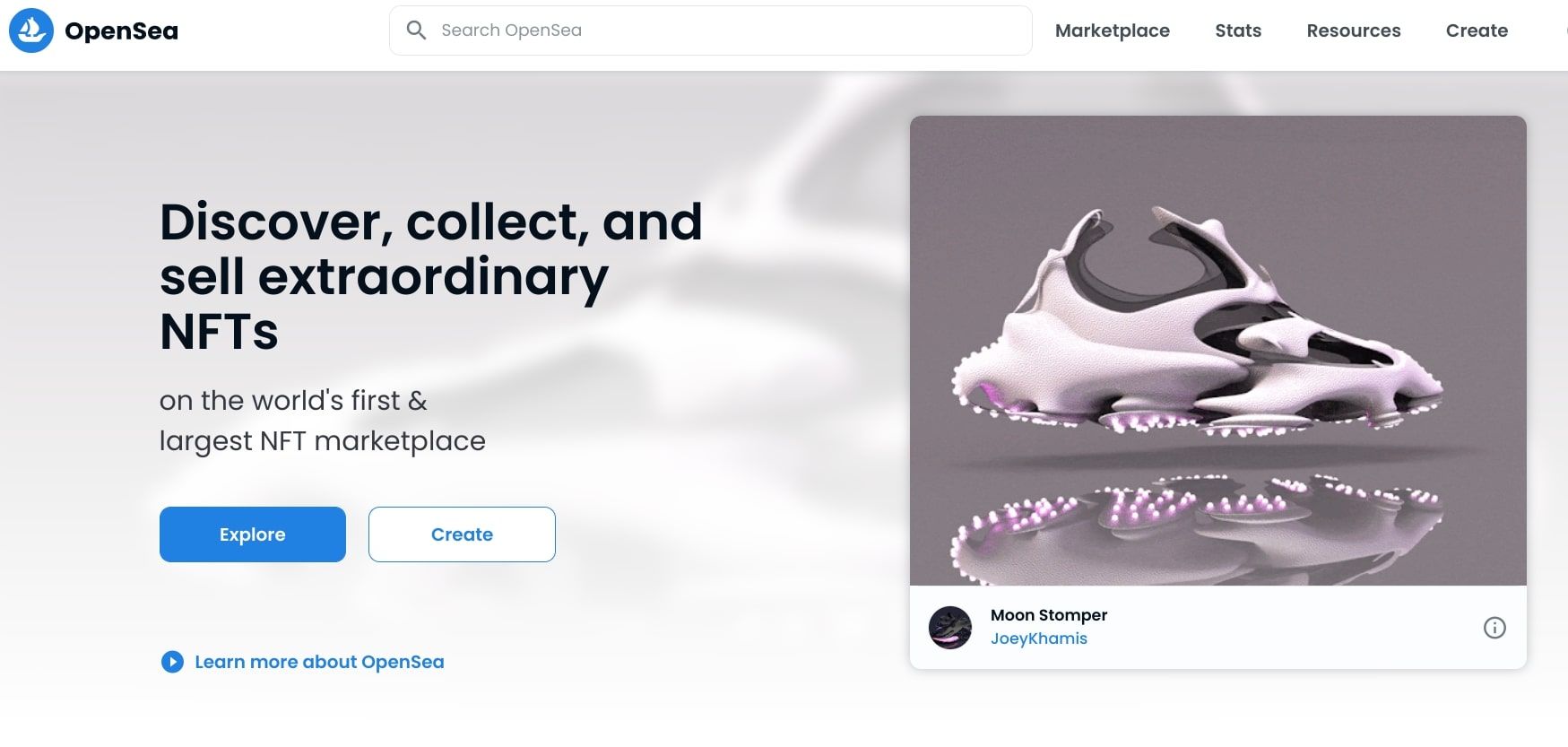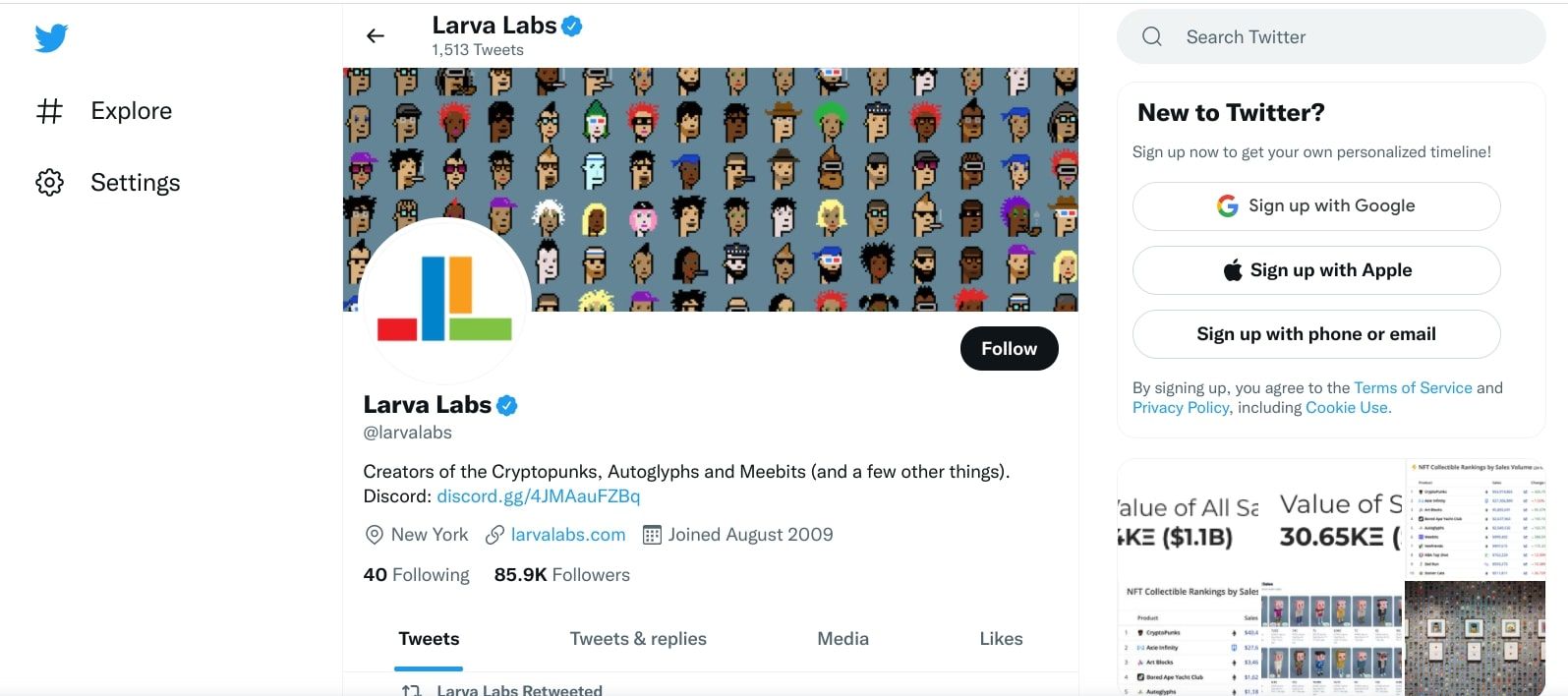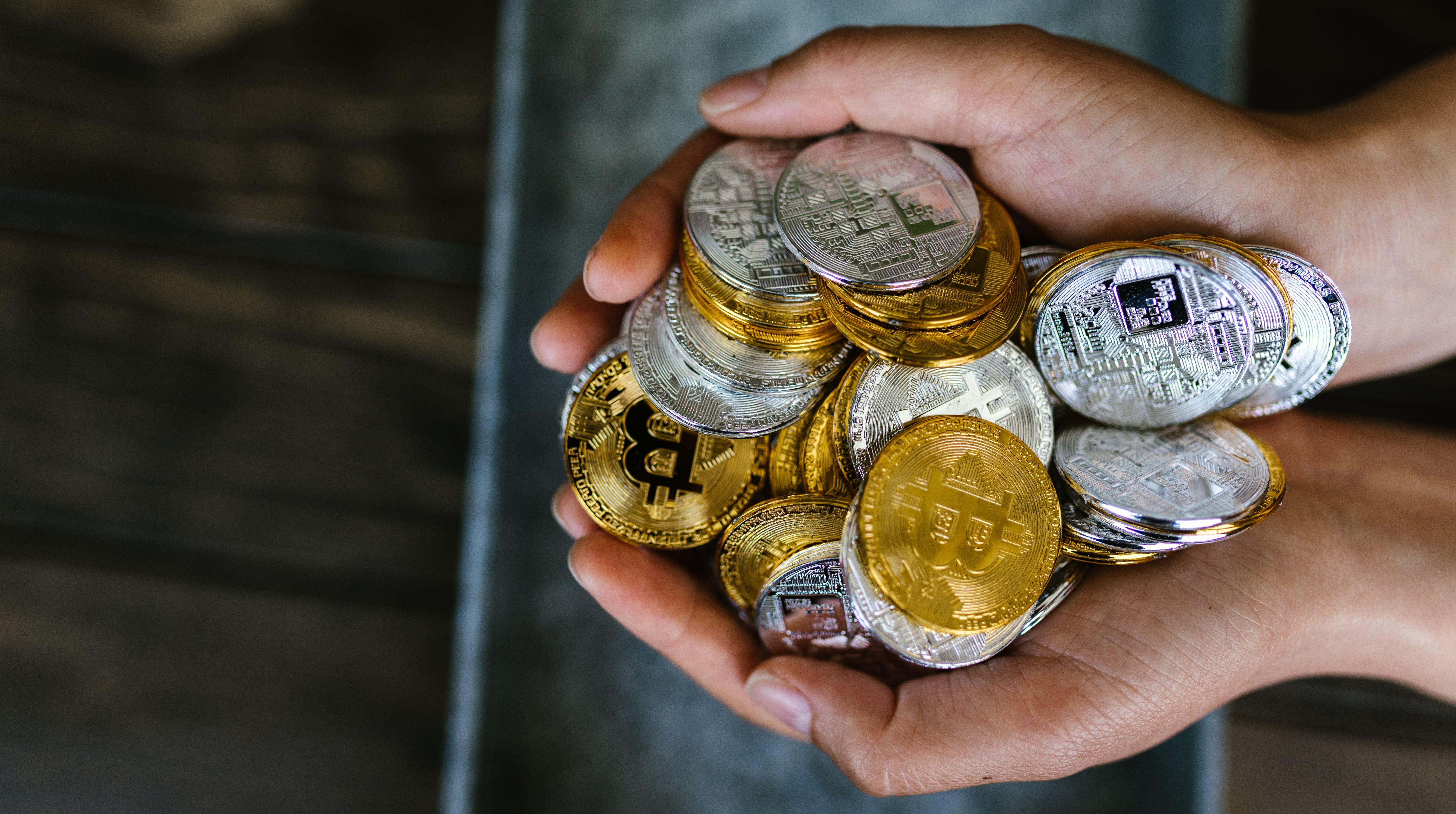The popularity of NFTs, or non-fungible tokens, has skyrocketed over the past few years, with NFT art pieces now going for millions. But when an industry gets this large, it's only natural for scammers to take advantage of unknowing buyers.
So, what are the most common NFT scams, and how can you steer clear of them? Let's find out.
1. Fake NFT Stores
Scammers often replicate popular NFT marketplaces, like OpenSea, to create fake NFT stores. These sites can look almost identical to the originals and can trick even an experienced NFT buyer into spending large amounts of money on a fake artwork that is, in reality, worth nothing.
So, how can you avoid falling for this well-constructed kind of scam?
Firstly, it's important to do your research on the NFT you're interested in. On a lot of scam sites, NFTs that usually go for hundreds of thousands will be priced at a fraction of their worth. For example, an NFT from the Bored Ape Yacht Club collection, Ape #4935, is currently selling on Opensea for $124,188. But a fake seller will list a copy of this NFT for a much lower price, drawing in those who want their own Ape NFT without breaking the bank.
If you're unsure of an NFT's actual worth, you can be led into thinking you're getting a good deal when, in fact, you'll be spending a few hundred dollars on a fake artwork.
Also, keep in mind that fake NFT stores will host unverified buyers. On official stores, larger sellers will have a blue verification tick next to their usernames, like the ones you'd see on Instagram or Twitter.
So, if you're looking into buying a more expensive NFT, check that the seller is verified first. On top of this, you can check the unique properties of the NFT you're interested in. Fake NFTs won't have any properties listed, while real NFTs will.
Lastly, make sure you check the contract address of your chosen NFT. This will show you where it was minted. A fake NFT store may show an incorrect minting address, while a legitimate one will show exactly where it was minted. So be sure to check the official site of the creators of the NFT you're interested in to see if the contract addresses match up.
2. Social Media Impersonation
The image above shows the genuine Larva Labs Twitter page. However, scammers often copy popular NFT accounts, creating fake pages that closely resemble the originals. On these fake accounts, scammers can convince users of their legitimacy and therefore sell them fake NFT artworks. It's essentially another way they can pass off fake artworks for profit.
These fake social media accounts can also host fake giveaways, posing a huge risk to unknowing users. We'll discuss that a little later.
In order to avoid these fake accounts, it's firstly important to check for a verification tick next to the username. However, not all legitimate NFT social media pages have this tick, so its absence isn't always a dead giveaway. NFT scams on Instagram are also rife, so watch out for suspicious messages and accounts.
You should also run a quick Google search for the NFT creator's social media pages to see if there are any other accounts under a similar name with considerably more followers, as this could end up being the legitimate page. You can also check the other accounts of that specific NFT creator to see if they link to other social media.
Along with fake NFT company accounts, you may also come across fake NFT artist accounts. Scammers will impersonate established NFT artists and will try to sell false versions of well-known NFT artworks to users at considerably lower prices.
As mentioned in the first scam on this list, if the price seems too good to be true, it's probably too good to be true. So look out for extreme discounts on NFTs that should cost a lot more.
3. Customer Support Impersonation
Scammers often fake legitimate NFT customer service pages in order to divulge sensitive information from unknowing NFT owners.
This is pretty common on Discord, where many NFT project communities are hosted. If you happen to connect to one of these fake customer service servers instead of the official one, scammers can ask you for sensitive information, such as your private key or seed phrase, in order to "fix" whatever problem you may be having.
If you're worried about this, first consider how you access NFT Discord servers. Instead of just Googling a particular server, or looking for it on Discord, try accessing it via the NFT creator's official website or social media first. You should also check how many followers the server has if you can't access it this way, as it's unlikely a fake server will have thousands of followers. However, once you're on an active-yet-fake NFT Discord server, you're likely to encounter NFT scams almost instantly.
4. Investor Scams
The anonymous developer of an emerging NFT project called "Evolved Apes" jumped ship with $2.7 million, or 798 Ether, after investors poured copious amounts of money into the project.
People who were also told they won Evolved Apes NFT artworks in a competition via the project's social media also never received the prizes they were promised. In the end, it was all a huge marketing scheme to raise funds for an eventual rug pull scam.
While most people choose to buy NFTs instead of literally investing in up-and-coming projects, it's important to keep this kind of scam in mind when investing in anything in the crypto world. Ponzi schemes and rug-pulls are far from unheard of in the industry, and it's worth educating yourself on the risks of investing.
So, before you decide to invest in anything, be it a specific crypto coin, NFT, or similar, do your research on the company or developer and make sure you're not jumping into something with no credibility. It could end up saving you a lot of money.
5. Giveaway Scams
We mentioned this lightly earlier when discussing NFT scams on social media. Fake NFT social media accounts and Discord servers can host fake NFT giveaways and trick users into believing they've won big. You'll also find NFT scams on Twitter, too.
With this particular scam, a fake NFT account will message users, usually on Twitter or Discord, telling them that they've won an NFT. This fake NFT account will then give the user a link to a fake NFT website, which will ask them to connect their crypto wallet and enter their seed phrase or private key.
Essentially, if a scammer gets a hold of this phrase or key, it's game over, as it will give them immediate access to your wallet, where they can drain your funds and leave you with nothing.
So, this may be a bit of an obvious one, but do not click on any random links sent to you on social media. Moreover, check the account that sent you the message to see if it's legitimate.
And if you really, really want to click on the link, check if the URL matches up with that of the NFT company's official site. If it looks unusual, steer clear, as you're probably about to click on a phishing website.
The NFT Market Is Rife With Scammers, but You Can Avoid Them
It's a little scary to think about just how many different scams you can fall for these days. Cybercriminals are getting more and more innovative, and are finding new ways of tricking people every other week. But if you stay vigilant and aware of what scams are out there and how to recognize them, you'll surely keep yourself safe when delving into the wonderful world of NFTs.






